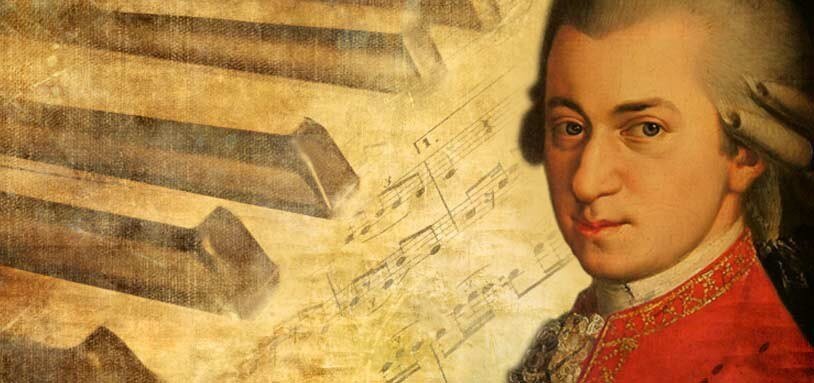In the realm of classical music, few names resonate with as much grandeur and brilliance as Wolfgang Amadeus Mozart. Born in 1756, this prodigious composer left an indelible mark on the world of music despite his tragically short life. From his early beginnings as a child prodigy to his timeless masterpieces, Mozart’s biography is a testament to the power of talent, perseverance, and unbridled passion.
Early Life and Musical Prodigy:
Born on January 27, 1756, in Salzburg, Austria, Wolfgang Amadeus Mozart displayed exceptional musical talent from an early age. The son of Leopold Mozart, a prominent composer and violinist, and Anna Maria Pertl, his musical upbringing was nurtured from the very beginning. By the tender age of three, Mozart showed an uncanny ability to mimic complex melodies on the keyboard and by five, he was already composing his own music.
The Grand European Tour:
Recognizing the extraordinary gift his son possessed, Leopold Mozart embarked on a grand tour across Europe, showcasing the young Mozart’s extraordinary musical prowess. From the courts of Munich and Vienna to the cultural hubs of Paris and London, Mozart’s performances mesmerized audiences and garnered widespread acclaim. His reputation as a musical genius began to flourish during this time, leaving a lasting impression on both fellow musicians and aristocratic patrons.
Mature Works and Artistic Development:
As Mozart entered adulthood, he started to explore various musical forms, including symphonies, operas, chamber music, and concertos. His compositions showcased a profound understanding of structure, harmony, and emotion. Mozart’s ability to effortlessly infuse his music with a range of emotions, from light-hearted joy to profound melancholy, became a hallmark of his unique style.
Operatic Triumphs:
Mozart’s contributions to the world of opera are legendary. His masterpieces, including “The Marriage of Figaro,” “Don Giovanni,” and “The Magic Flute,” remain cornerstones of the operatic repertoire. With their captivating melodies, complex characters, and intricate storytelling, these works continue to captivate audiences and inspire generations of composers.
Personal Struggles and Tragic End:
Behind the brilliance of Mozart’s compositions lay personal struggles and financial challenges. Despite his remarkable talent, he often faced difficulties in securing long-term patronage, leading to financial strain. Moreover, his independent spirit and disregard for aristocratic conventions sometimes hindered his career prospects. Tragically, Mozart passed away on December 5, 1791, at the age of 35, leaving behind a legacy that would resonate throughout history.
Legacy and Impact:
Mozart’s legacy is immeasurable. His music, characterized by its technical brilliance, emotional depth, and sublime beauty, continues to be performed and revered worldwide. His works have influenced countless composers, including Beethoven and Tchaikovsky, and his impact on the classical music tradition is unparalleled. Mozart’s compositions have the remarkable ability to transcend time, speaking to the universal human experience and evoking a wide range of emotions.
Conclusion:
Wolfgang Amadeus Mozart, the child prodigy turned musical genius, left an indelible mark on the world of classical music. His extraordinary talent, coupled with his relentless pursuit of artistic excellence, ensured his place among the great composers of all time. Though his life was cut tragically short, Mozart’s music lives on as a testament to the enduring power of human creativity. As we listen to his enchanting melodies, we are reminded of the boundless potential of the human spirit and the eternal beauty of the art form he so masterfully crafted.


Comments are closed